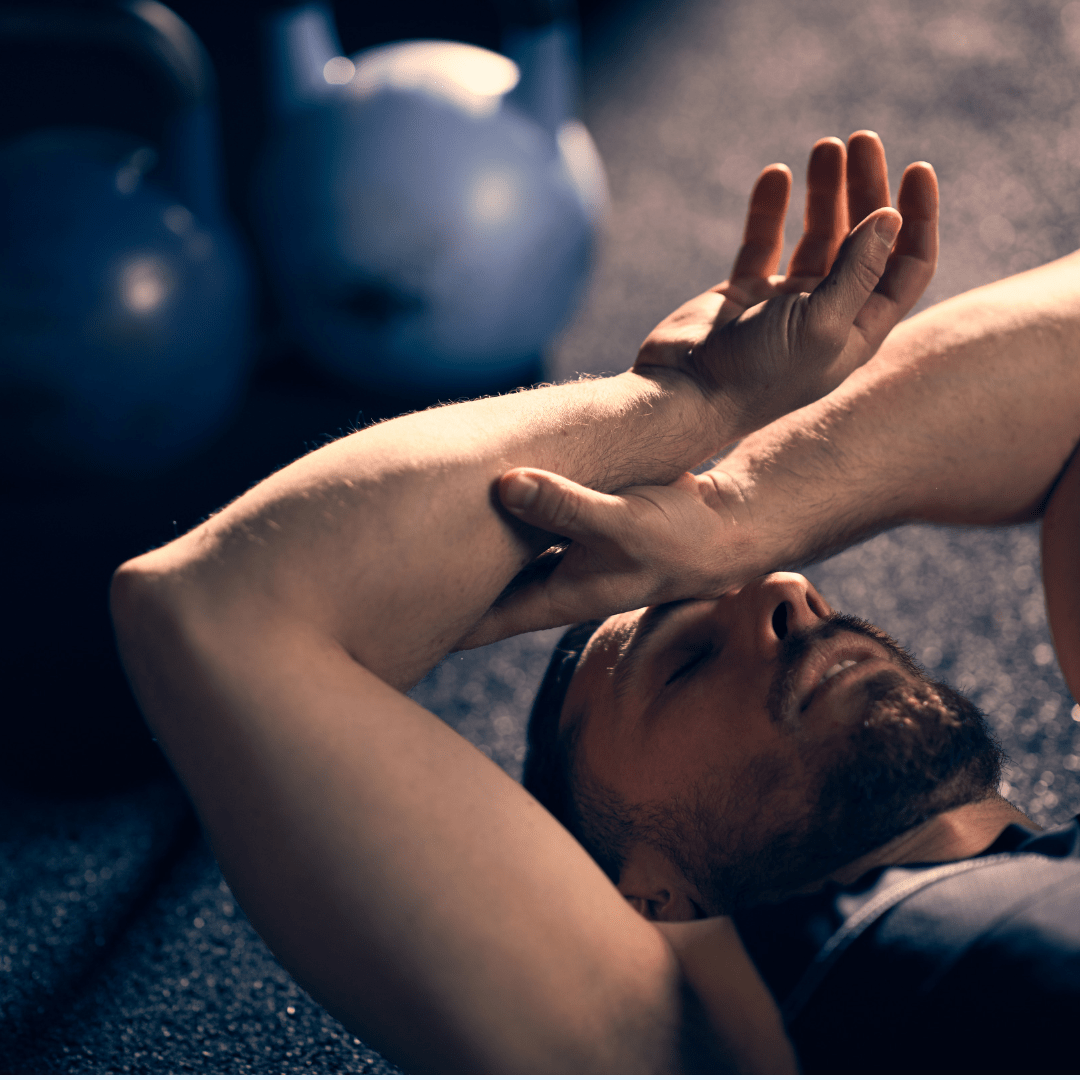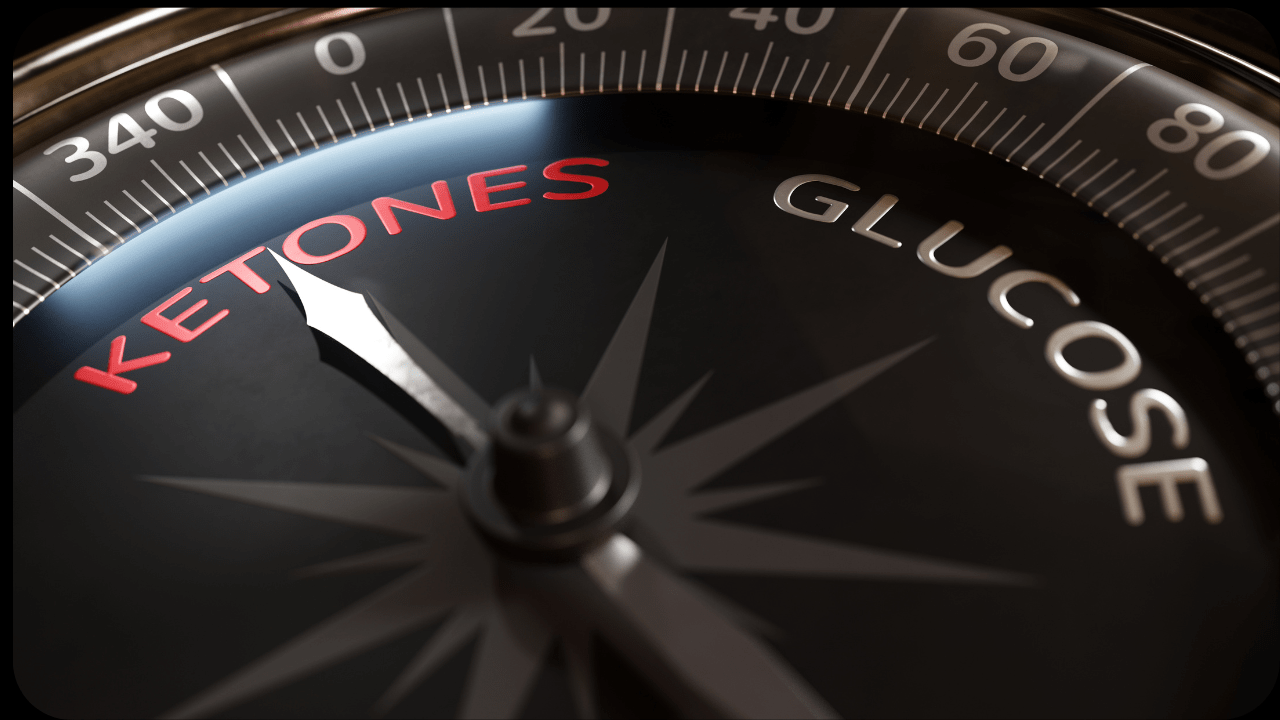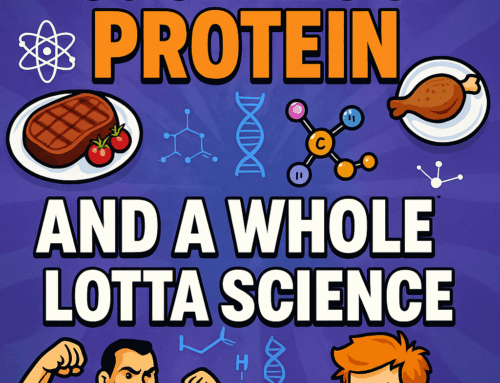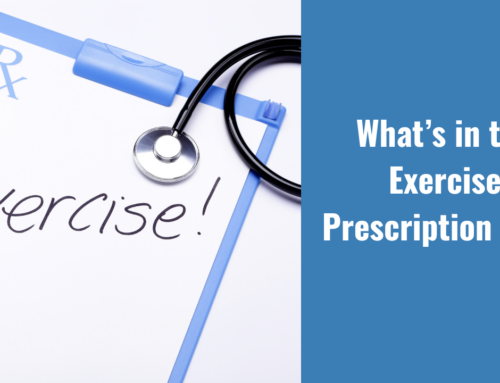Two of the most common nutrition questions I get are:
1) “Should I do a keto diet?”
and
2) “Are ketones useful?”
I think The Great Ketones can be useful. It just depends on what you’re doing.
The fact that you can take a ketone supplement and get into ketosis (e.g., raise ketone levels is more accurate to say) is amazing to me. Mind-boggling, really, as it would take you days to raise ketone levels otherwise. You can shorten that time to 20 – 30 minutes with an over-the-counter supplement. Fascinating.
Keto Pros
Back to that whole goal thing. If you are taking ketone supplements or doing a keto diet (I know they’re not the exact same thing – bear with me) for a pathology (TBI, seizures, etc), I think there is some good preliminary data to support it. Ketones themselves appear to have powerful effects on the brain, both as an alternative fuel source and for its anti-inflammation effects (e.g. HDAC inhibitors for the propeller-heads).
If you don’t exercise much, the keto diet may be useful for improving your body composition, along with a lower-carb approach. I recommend exercise; however, some don’t want or have the time (again, another discussion for another day).
Keto Cons
On the flipside, if you want to be a Crossfit games competitor or are a strength/power athlete who is very competitive, you’ll need lots of carbs. It’s a bioenergetic fact that neither ketones nor fat can compete with carbs (glucose) for the rate of ATP (cellular energy) production. Do not do a keto diet unless you don’t want to finish at the top.

Crossfit Athlete Keto vs. Carbs Example
I did a consulting call with a regional games competitor, and homeboy was ripped (7% BF) on over 500 grams of carbs per day. Yep. Not 50 – five hundo!
Carbs aren’t your enemy. He was also training 2 times a day or 5 out of 7 days a week and was an advanced athlete.
Summary
Ketones are a fascinating alternative fuel for your body in some situations.
They’re not a cure-all, fix everything, I just need to take this supplement between my meals, and all the fat will melt off my body.
Not even close – but you knew that already.
Download my FREE e-book, Should You Keto?
Rock on!

Dr. Mike T Nelson
Selected References
References (read ‘em weep, keto krazies)
Stellingwerff T, Spriet LL, Watt MJ, Kimber NE, Hargreaves M, Hawley JA, et al. Decreased PDH activation and glycogenolysis during exercise following fat adaptation with carbohydrate restoration. Am J Physiol Endocrinol Metab. 2006;290(2):E380-8.
Burke LM, Angus DJ, Cox GR, Cummings NK, Febbraio MA, Gawthorn K, et al. Effect of fat adaptation and carbohydrate restoration on metabolism and performance during prolonged cycling. J Appl Physiol (1985). 2000;89(6):2413-21.
Carey AL, Staudacher HM, Cummings NK, Stepto NK, Nikolopoulos V, Burke LM, et al. Effects of fat adaptation and carbohydrate restoration on prolonged endurance exercise. J Appl Physiol (1985). 2001;91(1):115-22.
Schonke M, Massart J, Zierath JR. Effects of high-fat diet and AMP-activated protein kinase modulation on the regulation of whole-body lipid metabolism. Journal of lipid research. 2018;59(7):1276-82.
Sparks LM, Xie H, Koza RA, Mynatt R, Hulver MW, Bray GA, et al. A high-fat diet coordinately downregulates genes required for mitochondrial oxidative phosphorylation in skeletal muscle. Diabetes. 2005;54(7):1926-33.
Parolin ML, Chesley A, Matsos MP, Spriet LL, Jones NL, Heigenhauser GJ. Regulation of skeletal muscle glycogen phosphorylase and PDH during maximal intermittent exercise. The American journal of physiology. 1999;277(5):E890-900.

Dr. Mike T Nelson
PhD, MSME, CISSN, CSCS Carrick Institute Adjunct Professor Dr. Mike T. Nelson has spent 18 years of his life learning how the human body works, specifically focusing on how to properly condition it to burn fat and become stronger, more flexible, and healthier. He’s has a PhD in Exercise Physiology, a BA in Natural Science, and an MS in Biomechanics. He’s an adjunct professor and a member of the American College of Sports Medicine. He’s been called in to share his techniques with top government agencies. The techniques he’s developed and the results Mike gets for his clients have been featured in international magazines, in scientific publications, and on websites across the globe.
- PhD in Exercise Physiology
- BA in Natural Science
- MS in Biomechanics
- Adjunct Professor in Human
- Performance for Carrick Institute for Functional Neurology
- Adjunct Professor and Member of American College of Sports Medicine
- Instructor at Broadview University
- Professional Nutritional
- Member of the American Society for Nutrition
- Professional Sports Nutrition
- Member of the International Society for Sports Nutrition
- Professional NSCA Member









Leave A Comment